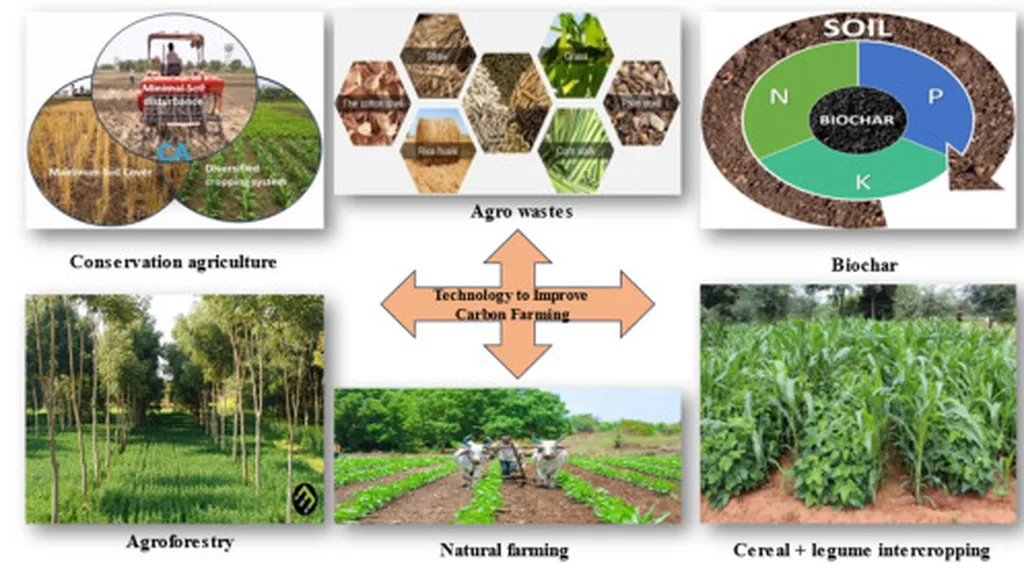In the quest to mitigate agriculture’s significant contribution to greenhouse gas emissions, a recent study published in *Scientific Reports* offers a promising approach to energy management in farming. Led by Kaustav Aditya from the ICAR-Indian Agricultural Statistics Research Institute, the research presents a robust sampling design and methodology for estimating energy usage in agricultural crops, with a particular focus on onion production in India.
The study underscores the importance of identifying energy-intensive operations and exploring renewable energy sources to reduce costs and carbon footprints. “Implementing energy audits in agriculture is crucial for targeting inefficiencies and promoting sustainable practices,” Aditya explains. The research outlines a comprehensive procedure for sample size determination, allocation across strata, selection, and parameter estimation, providing a clear pathway for farmers and policymakers to follow.
One of the most striking findings is the identification of 7% of farm households as efficiently using energy, with an average technical efficiency of 0.77 for the remaining. This suggests a potential 23% resource saving without yield reduction, a significant opportunity for cost savings and environmental impact reduction. “The potential for resource savings is substantial, offering a win-win scenario for both farmers and the environment,” Aditya notes.
The study also highlights CO2 emissions per crop production process, emphasizing the urgency of policy formulation to promote renewable energy sources. This research could shape future developments in the field by providing a clear framework for energy audits and encouraging the adoption of renewable energy technologies.
For the agriculture sector, the commercial impacts are substantial. By identifying energy-intensive operations and promoting efficient energy use, farmers can reduce costs and improve profitability. Additionally, the push towards renewable energy sources can open new markets and opportunities for innovation in the sector.
As the world grapples with the challenges of climate change, this research offers a practical and effective approach to mitigating agriculture’s environmental impact. By providing a clear pathway for energy management and promoting sustainable practices, it paves the way for a more efficient and environmentally friendly agriculture sector.

